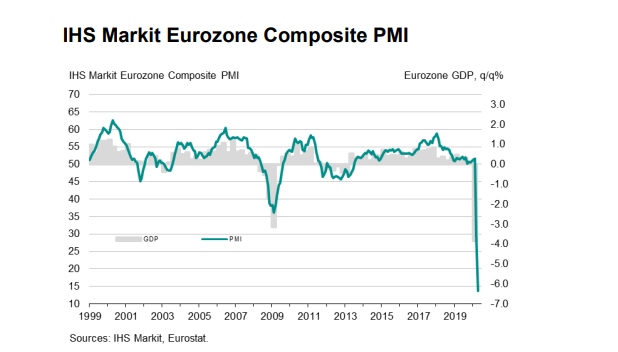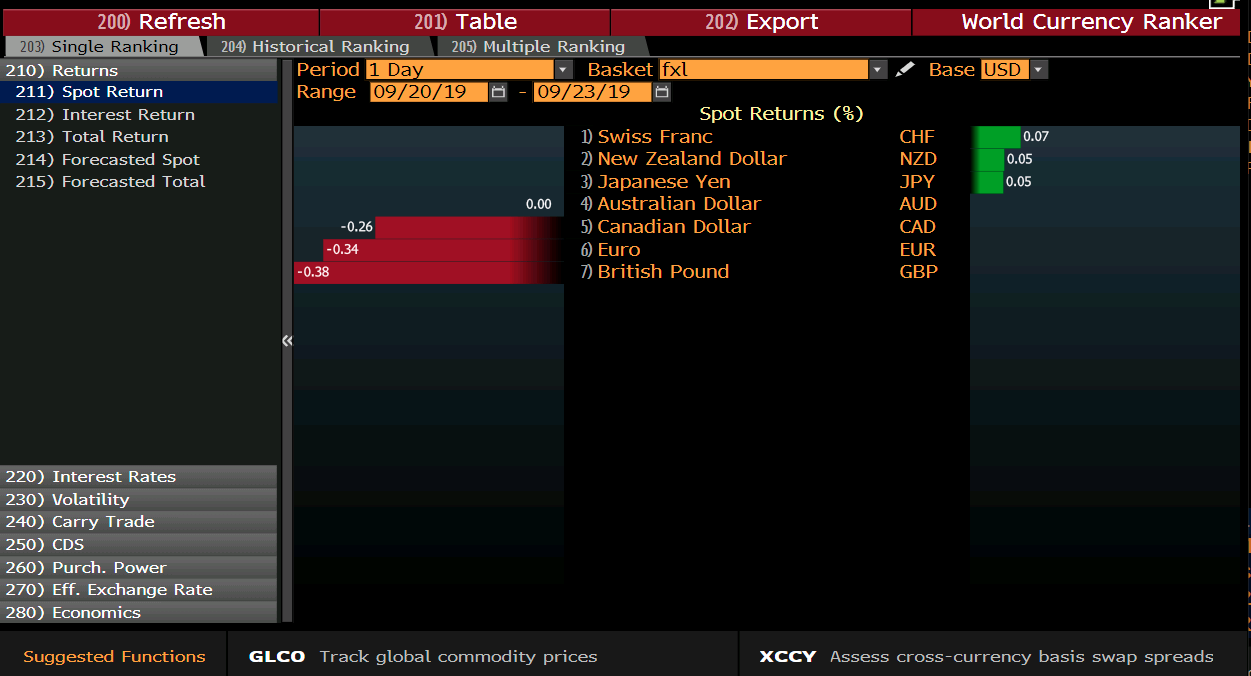Nothing notably new here from the man who has called for a Chinese crash in as little as 12 months. Now that the Chinese PMI came at the lowest level in 17 months (in line with the drop in the US ISM but completely the opposite of Europe’s PMI as everyone makes up their own data on the fly now with no rhyme or reason), Faber seems to have mellowed out a little on the Chinese end-play. He now sees the China government stepping in and prevent a collapse of the economy when needed, as the economy has dropped from a near 12% GDP growth to a collapse in the PMI in the span of a few months, even as Chinese banks lent another quarter trillion renminbi billion in July, and issued who knows how many hundreds of billions in CDOs to keep the ponzi afloat.
From Bloomberg TV:
On the cooling of China’s economy:
“I mean I’ve been arguing this year that the economy would inevitably slow down, because the impact of the stimulus would diminish. But having said that, the economy hasn’t crashed yet. It could still crash. But on the other hand, if you look at the performance of equities worldwide, it seems that the worse the economic news is, that the more the markets go up, because the market participants expect further easing measures, and maybe further stimulus. So altogether I would say it’s not going to be a disaster for stock investors yet. It’s interesting. The Chinese stock market began to discount the slowdown in economic growth actually precisely a year ago, in August, 2009. The market peaked out. And then drifted lower, but now that the bad news is essentially out, the market has started to rebound.”
On whether the property market is the biggest weakness in China:
“I’d like to make the following observation. We have a global economy, and an economy has different sectors. And you can have recession in some sectors of the economy. You can have a crash, say, in the property market, and you can have other sectors expanding. [Bolton: That’s the biggest weakness, right Marc, as far as you’re concerned, in the Chinese economy right now, it is the overheating in the property market?….] Well, I’m not sure. Because if they ease again, the speculation will go on. But we have credit problems in the property market undoubtedly. We have Ponzi schemes like loan sharking operations all over China. That’s a very dangerous. But what I would like to point out is that the agricultural sector, the rural sector in China and everywhere in the world is doing relatively well, because agricultural prices have started to rebound. And that was also seen in Thailand. In Thailand, new car sales are up very strongly.”
On whether the Chinese government will delay increasing interest rates this year:
“I think even if they increase it marginally it’s meaningless. Because interest rates are far below nominal GDP growth, and in my opinion far below inflation.”



